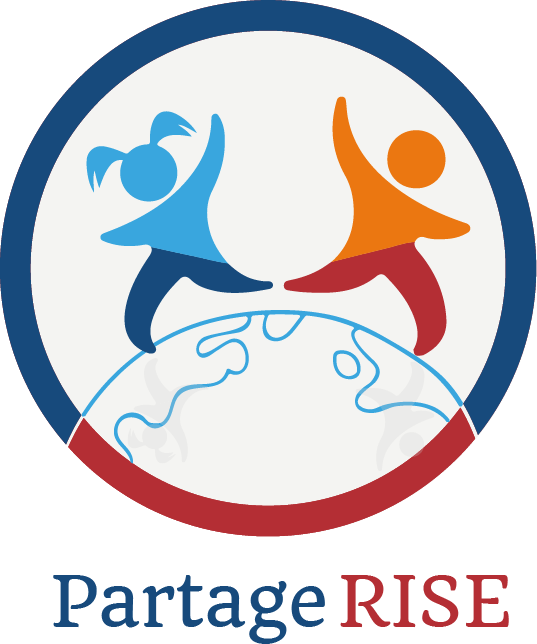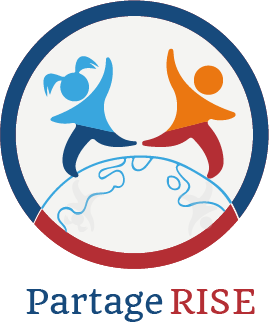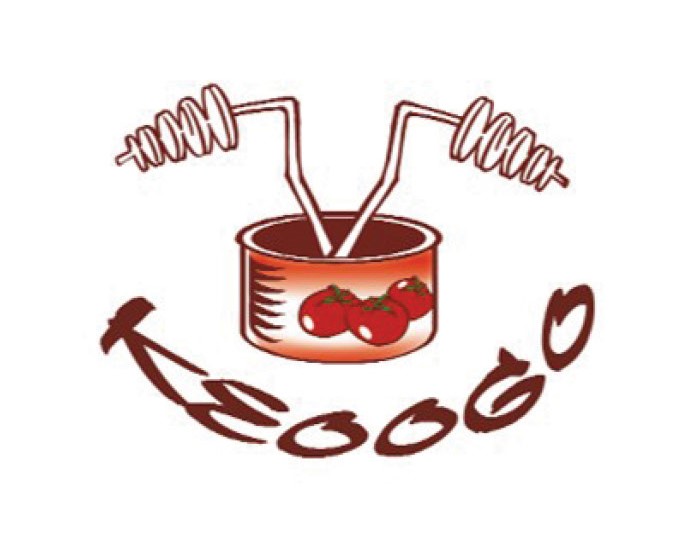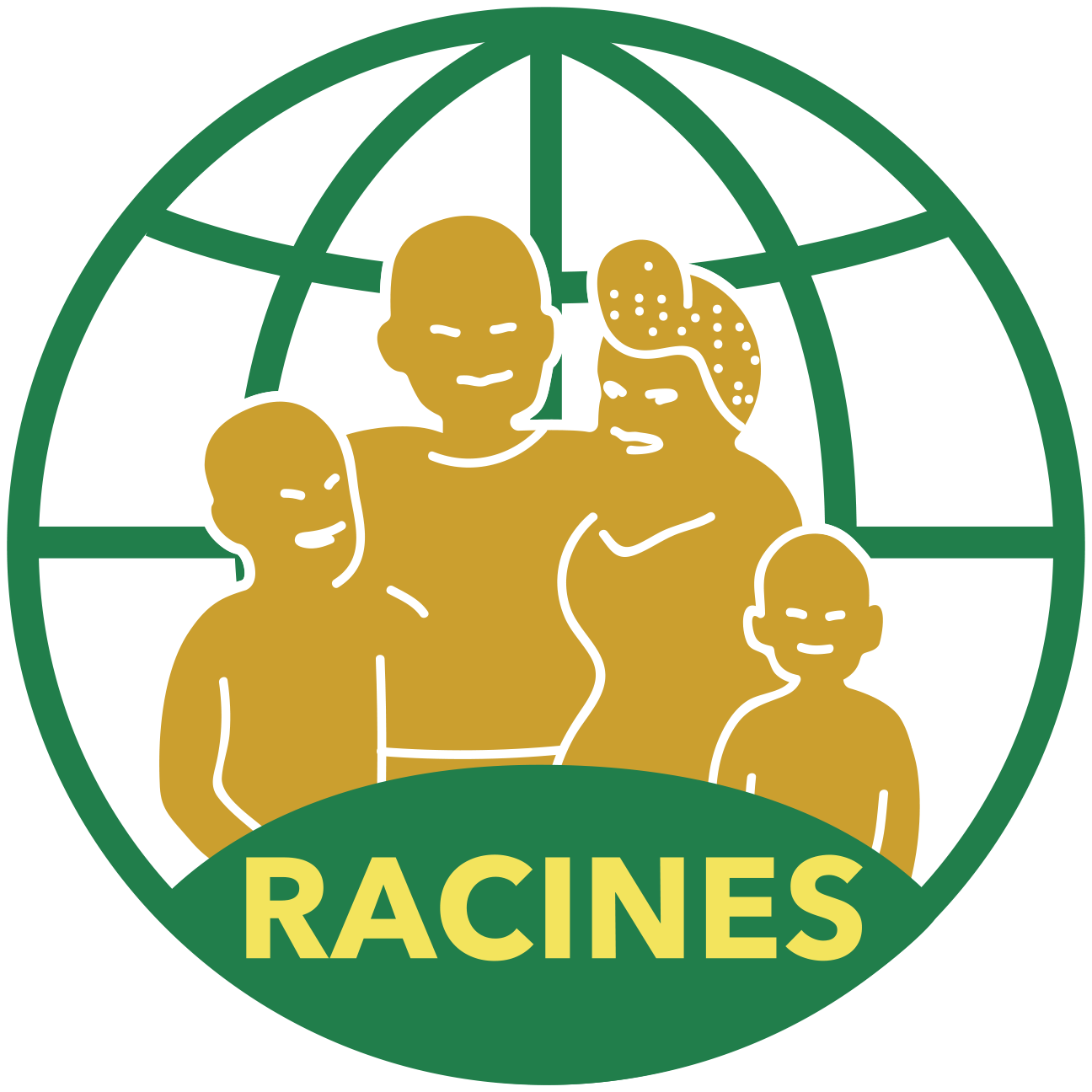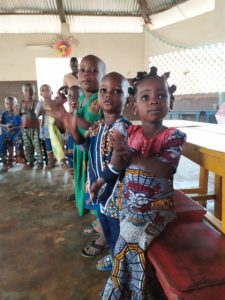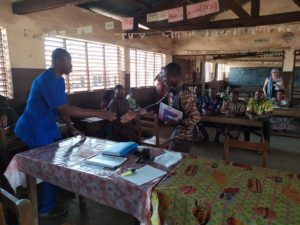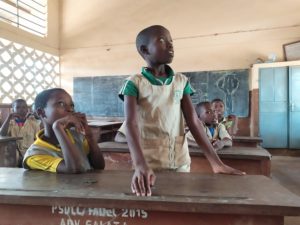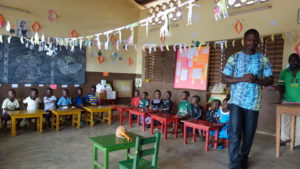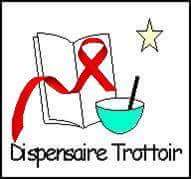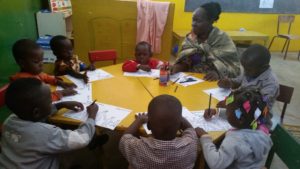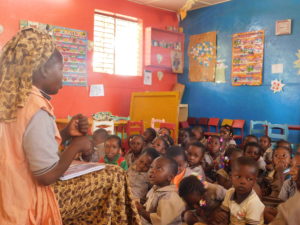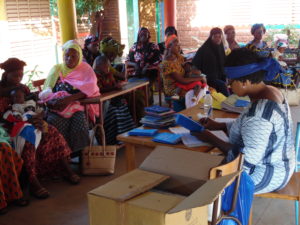Presentation of an emblematic activity
The maraude is a tour organized by Keoogo’s mobile teams, day and night on the various sites where children and young people live in street situations.
Explanatory background
Keoogo has chosen to take into account the objective reality of the street as a living environment. Being in a situation of total or intermittent rupture with their families, the children have created more or less solid links with the street and have integrated other values that reinforce their dependence on this space. In this context, Keoogo reinforces its anchorage with this environment and its trust with the children living there by developing approaches based on street work that allows for a permanent presence in the street .
Objectives of the maraude :
- To meet children and young people in street situations in their living and working environments, in order to establish contact and maintain bonds of trust with them,
- To follow the children’s movements on the different sites of life and activities, their itineraries within the city and the country, their frequentations,
- To collect their personal and collective requests expressed during the exchanges,
- To provide answers to certain requests studied on a case-by-case basis (need for information / health advice, guidance, etc.).
- Make referrals to specialized institutional or community resources for their care.
Implementation process of the marauds
The marauds will be organized four times a week. The days are determined according to the periods. They are organized according to the following steps:
- The constitution of the marauding teams: it is done during the weekly programming meeting of the field teams. This meeting involves all the field workers and the different project managers.
- Identification of the itinerary to be covered during the marauding: this is done during a preparatory meeting held by the marauding team composed of peer educators, nurses and educators. Once the itinerary has been validated, the marauding team proceeds to take stock of the needs of the marauding (condoms, emergency trunk, technical sheets, torches, logistics, etc.).
- The field trip: the marauding team goes to meet the beneficiaries through a direct individual exchange or in small groups of two (2) to three (3) depending on the circumstances of their meetings at each site.
- The offer of primary health care on the street: The care consists in taking care of small wounds and primary health care on the street. Through care, physical contact plays an important role in building trust. It gives a more human dimension to the contact with the child who feels the team’s attention towards him/her. This type of relationship makes it possible to reduce the relational distance, i.e. to favour a certain closeness with the child.
- Referrals: depending on the needs of the children, several referrals can be made by the marauding team with a view to a specific treatment.
- A debriefing point: this is done in two steps. First on each site visited before leaving for the next site. The purpose of this debriefing point per site is to pool the information gathered by each team member according to the different sections of the technical data sheets used. Then back in Keoogo, a general debriefing of the marauding is held followed by the synthesis report.
